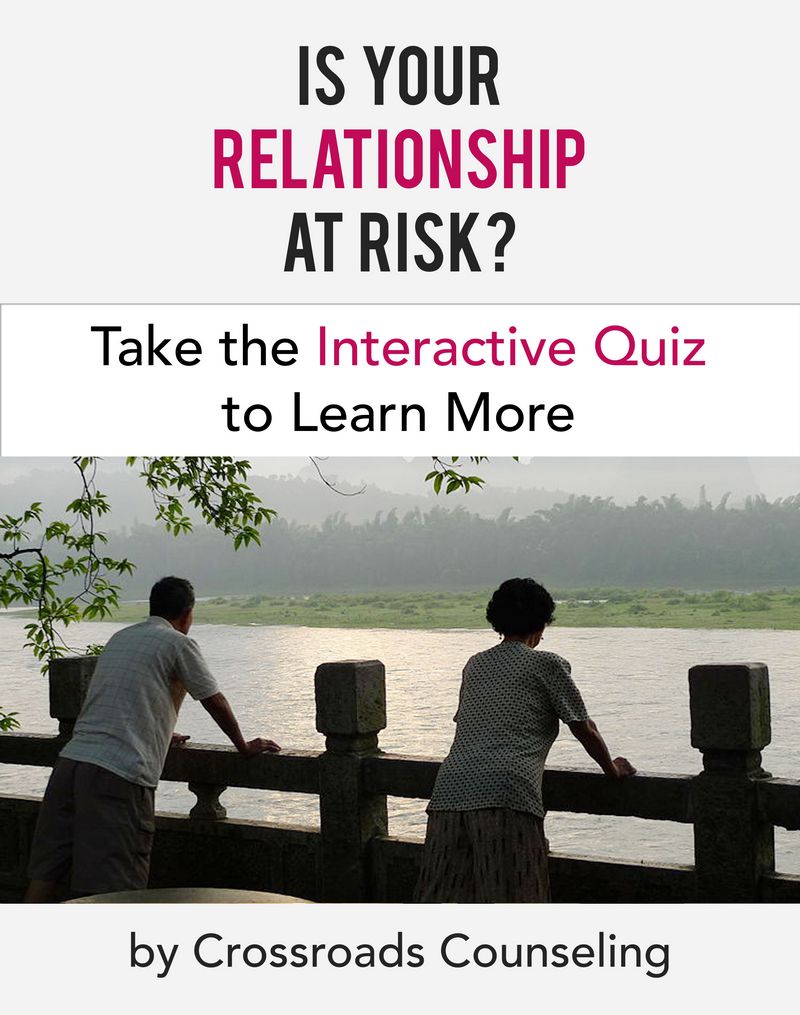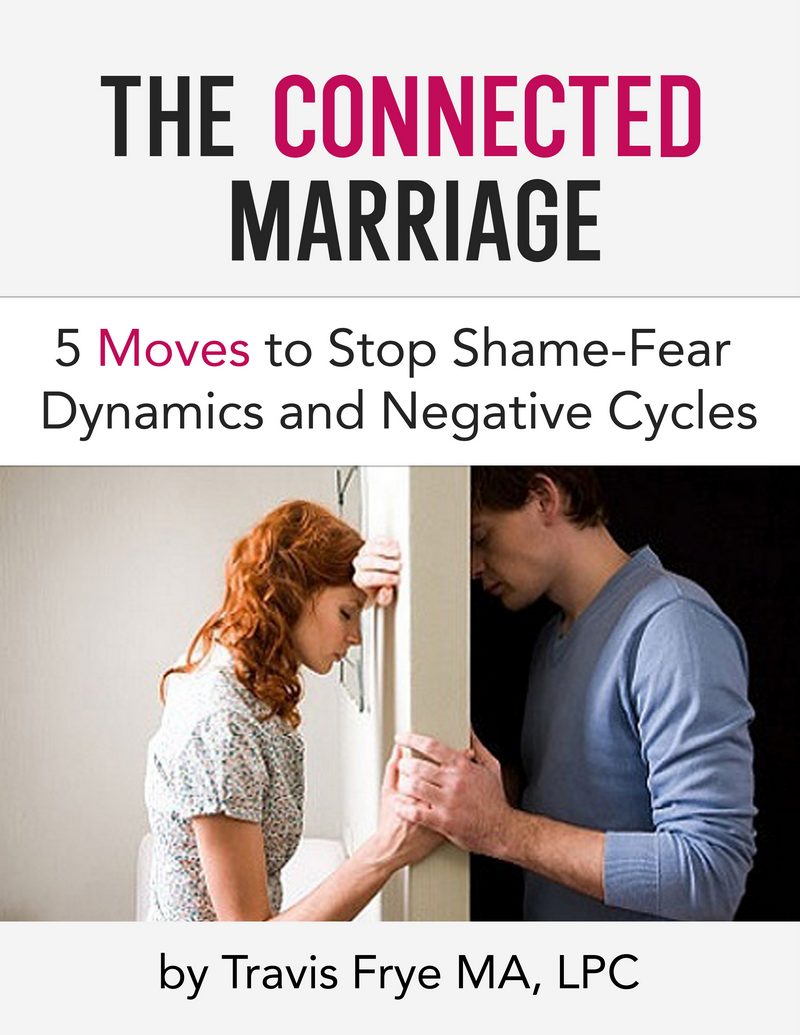It’s estimated that about 307 million people in the U.S. have a smartphone. Some people rely on them for just about everything, from work to entertainment. You’re probably even guilty of “mindless scrolling” on Instagram or TikTok occasionally.
But, there’s a difference between occasionally being distracted by your phone and being glued to it more often than not.
If you have a partner who is constantly on their phone, it can be frustrating, disheartening, and even annoying. It can distract from your relationship and make you feel like you’re playing second fiddle to an electronic device.
Sound familiar? If so, let’s cover a few tips you can use to help your partner spend less time on their phone and more time focused on the things that matter.
Talk About It
Communication is the cornerstone of any healthy relationship. Addressing issues before they get out of control is essential. While you might think someone spending a lot of time on their phone is “normal,” it’s not when it takes away from your relationship or that person’s quality of life.
So, if you’ve been putting off discussing the issue with your partner, it’s time to do it. Instead of being accusatory, use “I” statements. Let them know how their constant phone use makes you feel.
Consider saying something like “I feel ignored when you’re constantly on your phone,” or “I’m lonely in the evenings because you’re looking at your phone instead of talking.” Then, ask them to work with you to come up with a solution. This will keep them from feeling like they’re being “attacked.”
Schedule No Phone Time
Even if you’re not always on your phone, small digital detoxes can be good for everyone. After you’ve addressed the issue with your partner, consider adopting no phone times throughout the week – for both of you.
These times should be used to focus on your relationship without distractions. Go out on a date. Cook dinner together. Watch a movie on the couch. You both might be surprised by how quickly you get used to that time together without phones distracting you. It could even help your partner start to use their phone less, in general.
Spend Time Outside
Some people spend a lot of time on their phones out of boredom. They assume there’s nothing else to do so they get into the habit of reaching for their phones whenever they need to be distracted or entertained.
You can help your partner break that habit by encouraging hobbies that help them to unplug. One of the best things you can do with them is to spend more time outside. Go for a walk together and leave your phones at home. Have a picnic in the park. Take a weekend camping trip.
Showing your partner that they don’t need to be attached to their phone for constant gratification and entertainment can help them realize just how addicted to it they’ve been.
Get Professional Help
If your partner still won’t get off of their phone and they’re genuinely struggling with an addiction, it might be time to get help from a professional. That could include a marriage counselor or an individual therapist.
Therapy can help your partner better understand why they’re so dependent on their phone. They might be trying to fill a void or they might be trying to distract themselves from a deeper issue.
It can also help to improve your relationship and foster better communication. Don’t assume that a phone addiction is normal or that you shouldn’t worry about it impacting your relationship. Address it now before it becomes a bigger issue and causes things to crumble.
Next Steps
Call us at 623-680-3486,text 623-688-5115, or email info@crossroadsfcc.com. You can ask all the questions you have and see if couples therapy at Crossroads is the right fit for you and your partner. You can also learn more about Emotionally Focused Couples Therapy (EFT) as well. Our offices are conveniently located throughout the Valley of the Sun including Phoenix, Anthem, Online in Arizona, and Scottsdale. We would be honored to support you in better understanding your relationship. You can start your therapy journey by following these simple steps:
- Contact Crossroads Counseling
- Meet with a couples therapist
- Begin addressing your relationship





